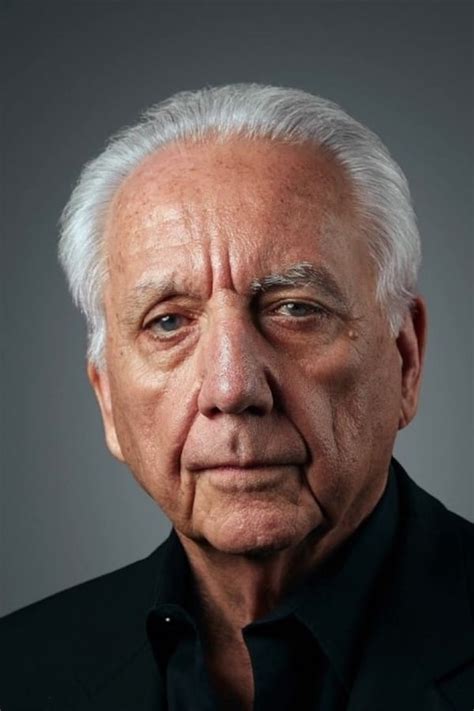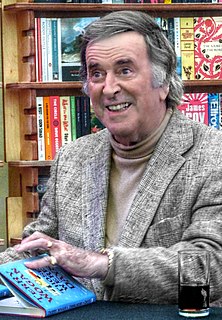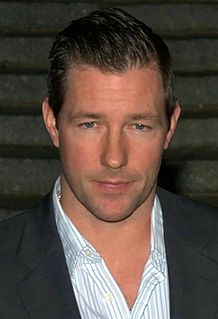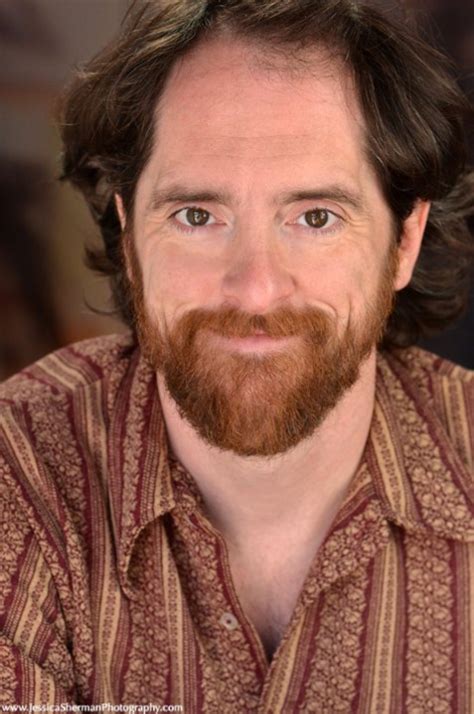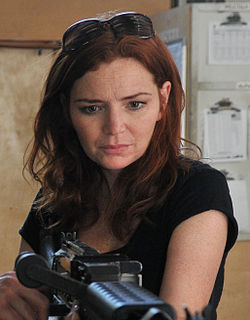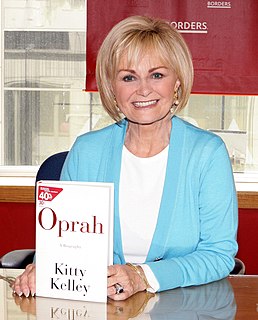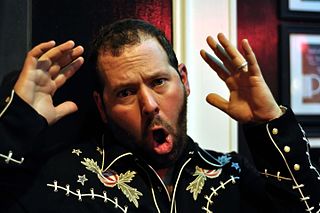A Quote by Edna O'Brien
I'm an Irish Catholic and I have a long iceberg of guilt.
Related Quotes
My identity has always been confused. Born in Edinburgh of a Scottish/Russian/Jewish mother and an English/Irish/Catholic father, there is no form of guilt to which I was not subjected in my childhood. Members of my immediate family live all over the world - a diaspora of cousins, aunts, uncles and more in a dizzying mix.
In real life, when you have an emotional experience, it's never just because of the thing that's been said. There's the backstory. It's like [Ernest] Hemingway's iceberg theory - the current emotional moment is the tip of the iceberg and all of the past is the seven-eighths of the iceberg that's underwater.

